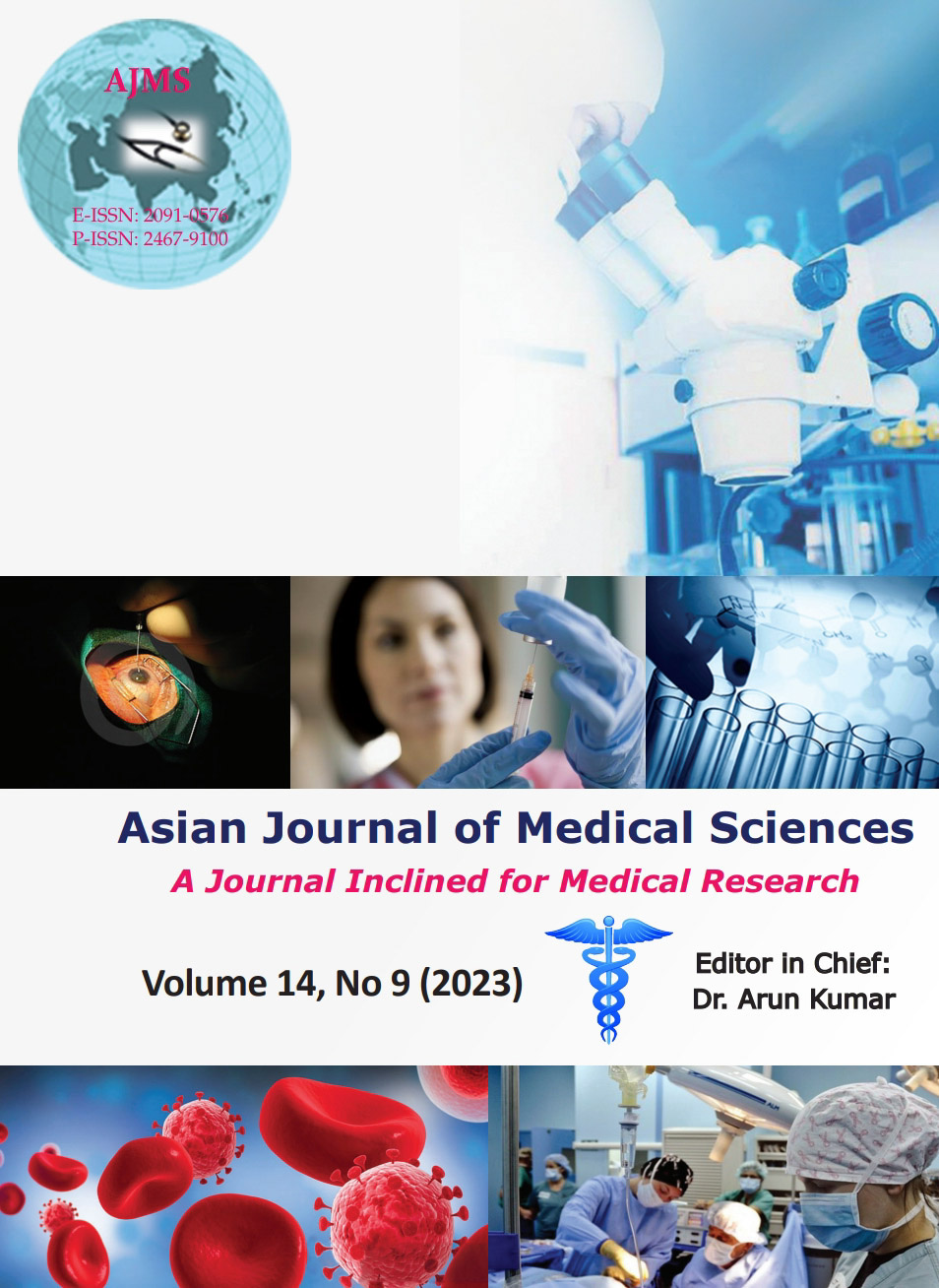A randomized, open-label, controlled, parallel-group comparative study of two varieties of Carica papaya leaves in dengue-induced thrombocytopenia
Keywords:
Carica papaya; Dengue fever; Thrombocytopenia; PlateletsAbstract
Background: Dengue-induced thrombocytopenia can be life-threatening. However, supportive and symptomatic treatment is the current management protocol. The leaf extract of papaya has shown promising results in improving the platelet count. There are many varieties of Carica papaya such as Washington, Honeydew, Coorg honeydew, Solo, Surya, Red lady, C0-1, CO-3, CO-5, C0-6.
Aims and Objectives: The aim is to evaluate the efficacy and safety of two varieties (“Red Lady” and “Solo”) of C. papaya fresh leaf extract in patients diagnosed with dengue-induced thrombocytopenia.
Materials and Methods: The study was conducted for 2 months, and 18 dengue-confirmed inpatients with thrombocytopenia (platelet count <1,50,000/μL) were enrolled. The study participants were grouped into the standard “Control” group, “Solo” group who received fresh papaya leaf extract “Solo” and “Red Lady” group who received fresh papaya leaf extract of “Red Lady.” About 30 mL of leaf extract was given thrice daily for 5 days.
Results: The mean change from the baseline value of platelets was found to be 59,168/µL for the control group and 57,000/µL for Red Lady, and 93,167/µL for the solo group. The study showed a positive trend with improvement in platelet count in “Solo” Variety group when compared to “Red Lady” group and the control group. The safety results showed that both the papaya leaf extracts have a favorable safety profile.
Conclusion: There was an improvement in platelet count in “Solo” variety group when compared to “Red Lady” and the control group. However, the results were not statistically significant. No adverse events were observed during the study.
Downloads
Downloads
Published
How to Cite
Issue
Section
License
Copyright (c) 2023 Asian Journal of Medical Sciences

This work is licensed under a Creative Commons Attribution-NonCommercial 4.0 International License.
Authors who publish with this journal agree to the following terms:
- The journal holds copyright and publishes the work under a Creative Commons CC-BY-NC license that permits use, distribution and reprduction in any medium, provided the original work is properly cited and is not used for commercial purposes. The journal should be recognised as the original publisher of this work.
- Authors are able to enter into separate, additional contractual arrangements for the non-exclusive distribution of the journal's published version of the work (e.g., post it to an institutional repository or publish it in a book), with an acknowledgement of its initial publication in this journal.
- Authors are permitted and encouraged to post their work online (e.g., in institutional repositories or on their website) prior to and during the submission process, as it can lead to productive exchanges, as well as earlier and greater citation of published work (See The Effect of Open Access).




